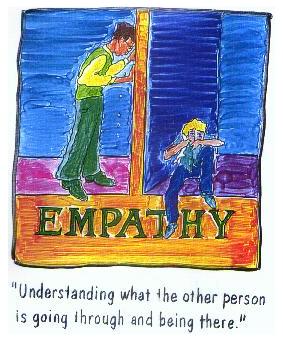Conversation as a Core Strategic Process
March 23, 2015
 The most widespread and pervasive development and learning no longer occurs in workshops, classrooms, conference rooms or boardrooms. It occurs over coffee, around the water cooler, in the corridors and the team’s kitchen. It is in emails, skype sessions, phone calls, instant messages, intranet-based groups and any internal social media applications. Every conversation is an opportunity to delve deeper, be more innovative, reinforce values, explain strategic priorities, support, inspire, ask questions, provide information and advice, share history, and (most of all) listen. Inquire about issues, approaches, opinions, experiences, obstacles. Spark a new insight, investigate a new perspective, explore an alternative path, suggest other sources of information. Offer feedback, seek feedback, ask advice. Make the person feel valued. Read more of this post
The most widespread and pervasive development and learning no longer occurs in workshops, classrooms, conference rooms or boardrooms. It occurs over coffee, around the water cooler, in the corridors and the team’s kitchen. It is in emails, skype sessions, phone calls, instant messages, intranet-based groups and any internal social media applications. Every conversation is an opportunity to delve deeper, be more innovative, reinforce values, explain strategic priorities, support, inspire, ask questions, provide information and advice, share history, and (most of all) listen. Inquire about issues, approaches, opinions, experiences, obstacles. Spark a new insight, investigate a new perspective, explore an alternative path, suggest other sources of information. Offer feedback, seek feedback, ask advice. Make the person feel valued. Read more of this post
 Empathy is a good trait to have. It allows us to understand the feelings of others, to predict the responses others might have to situations, and to engage with people on an emotional level. In management and leadership positions, it’s a very valuable trait, as staff respond positively to the feeling that they are understood and cared about. It makes the workplace feel as though it is a secure and comfortable environment when empathetic people are in charge.
Empathy is a good trait to have. It allows us to understand the feelings of others, to predict the responses others might have to situations, and to engage with people on an emotional level. In management and leadership positions, it’s a very valuable trait, as staff respond positively to the feeling that they are understood and cared about. It makes the workplace feel as though it is a secure and comfortable environment when empathetic people are in charge.






